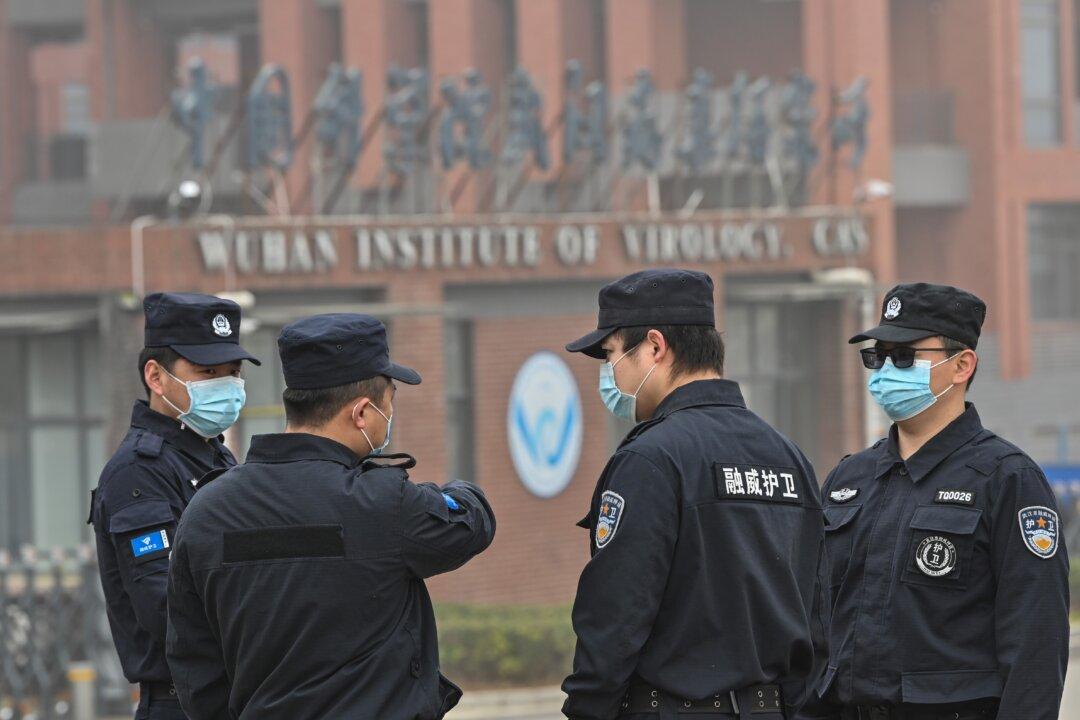The Department of Defense (DOD) in December awarded a $3 million grant to EcoHealth Alliance Inc, the nonprofit organization that for years prior to the COVID-19 pandemic funneled money to the Wuhan Institute of Virology in China.
The DOD awarded the approximately $2,987,827.07 grant to EcoHealth beginning Dec. 12 for the purpose of “reducing the threat of viral spillover from wildlife in the Philippines,” according to USASpending.gov, a database of spending by the federal government.




